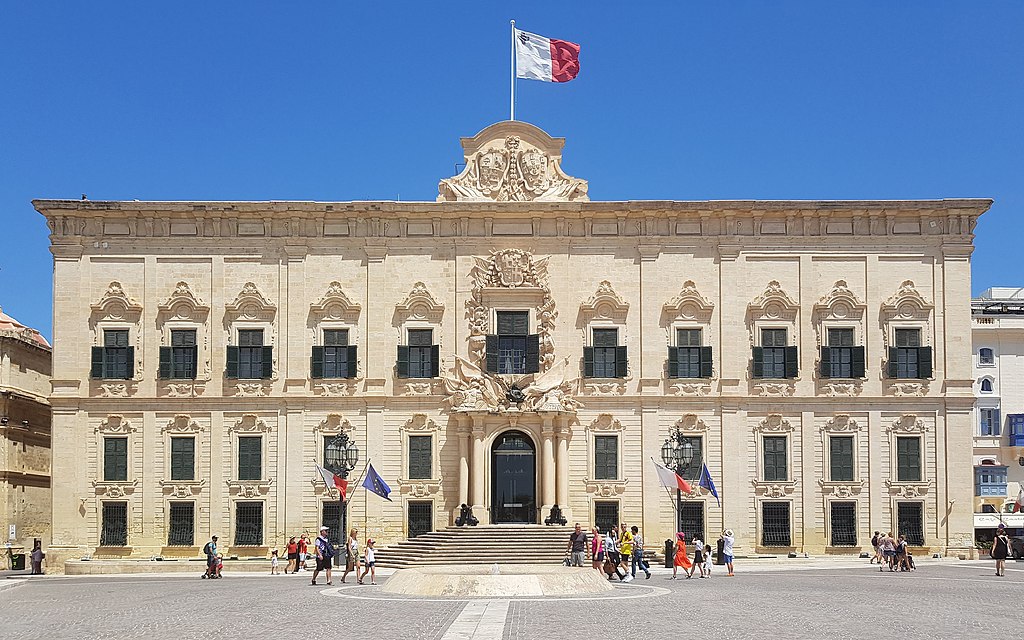Early elections have become the norm

Early elections have become the norm in the Maltese political system as none of the legislatures since 1987 lasted the full five-year term. This trend has been prolonged further by Prime Minister Robert Abela who on February 20, dissolved parliament and called a general election for March 26, which is three months before the end of government’s term.
An analysis carried out by Voice of the Workers Weekly reveals that the last time that a government served its full term was between 1981 and 1987.
Under the Maltese Constitution, namely articles 75 to 77, a full parliamentary term is five years. However, a legislature may last a further five months, as Parliament may meet up to two months after the official announcement of the general election result, while the election itself may be held up to three months after the dissolution of the House of Representatives. On the other hand, an election may be triggered at any point during the legislature, either if the government no longer commands a parliamentary majority, or on the recommendation of the Prime Minister.
Historically, the first time that Malta went to the polls prematurely was in 1992, three months before the expiration of the full term. Prior to that, since 1966 when the first general election was held under the 1964 Independence Constitution, all legislatures took their full five-year term.
However, since 1992 Prime Ministers have toyed with the election date in an attempt to secure the best chances of re-election. However, such ploy backfired at times, such as in 1996 when the ruling Nationalist Party went to the polls four months short of the full term and lost.
Since then, there has been a rather irregular pattern, most notably the 1998 general election which was triggered after the Labour government collapsed. Historically, this is the shortest legislature as it lasted just 22 months. At the other side of the spectrum there has been one occasion in which a legislature lasted the full five years and five months – from December 1981 to May 1987.
A similar scenario to that of 1998 occurred in 2012, albeit with less dramatic consequences, when the Nationalist government was defeated on a money Bill. Though this triggered a general election, the legislature was nearly over as the parliamentary majority was lost just three months before the five-year term was due to elapse.
The second shortest legislature since Independence was between 2013 and 2017, when the country went to the polls almost a year prematurely.
Though under the Maltese Constitution, is vested with the authority to dissolve parliament prematurely, the fact that in the last 35 years no government has lasted its full five-year is highly significant. Time and time again, whoever was in the Prime Ministerial seat of power, gambled with the date in an attempt to snatch the biggest prize. While each and every one harped on the mantra that such decision was dictated by national and not party interests, evidence suggests otherwise. A case in point is the forthcoming election, which will be held a week before the Papal visit. Surely, national interest would have dictated a different timing both from a logistic and a political perspective. For some reason, however, logic seems to have gone out of the window. Clearly, time has come to start considering alternative general election models including fixed-term elections.
